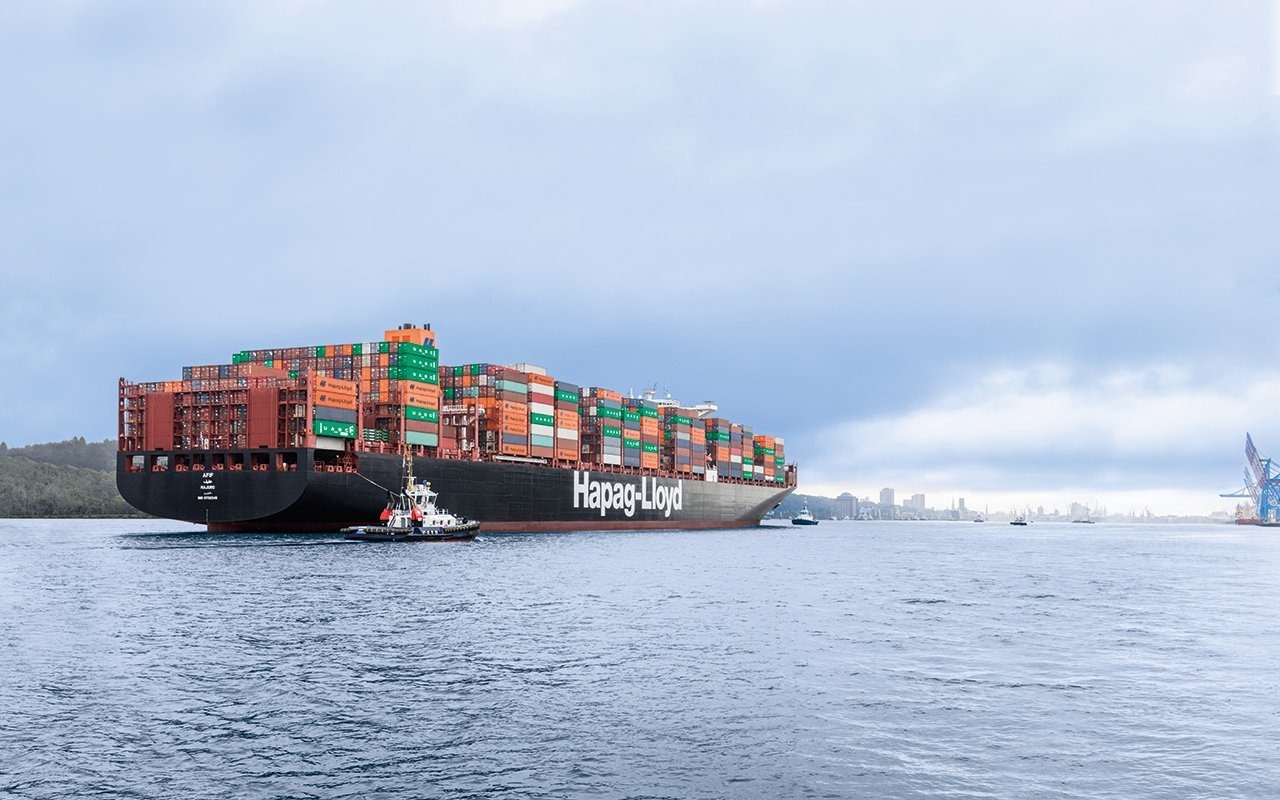
The disruption of air transport caused by the Covid-19 epidemic has made it difficult to carry out crew changes in the shipping industry. Solutions need to be found urgently if the workings of port economies and supply chain continuity are to be preserved.
On Friday May 1, in and around cargo ports throughout the world, ships sounded their horns in a symbolic gesture of absolute urgency. It threw a necessary and legitimate light on a profession which needs to be given priority treatment in our idling but not totally paralyzed economies.
Today, more than 150,000 seafarers throughout the world are waiting on their ships to be relieved. Some of them have been waiting for several months already. The vast majority have already spent long periods aboard, which have already been extended on a case-by-case basis by arrangement with their companies' fleet management services.
At intra-European level, within the Schengen Area, companies have already taken concrete measures to facilitate crew changes and this is very positive. The question remains very complex, however, when crew changes need to be made outside the Schengen Area, now that virtually all inter-continental flights have been stopped.
Emergency solutions for these "second line" workers
It is essential that emergency solutions be found to relieve these "second line" workers who play a direct role in the supply chain. Employers should group together, for example, to organise high priority charter flights at selected hubs. The International Chamber of Shipping and the International Air Transport Association are working together, moreover, to achieve this. In a joint statement issued on April 15, they called on governments to facilitate crew changes by designating a certain number of airports for this activity. "Priority airports should include those close to major shipping lanes which also have direct air connections to principal seafarer countries of residence, such as China, India and the Philippines as well as destinations in western and eastern Europe," they said.
The ICS and IATA are working with the International Civil Aviation Organisation and the International Maritime Organisation to draw up recommendations to assist governments to establish standard procedures to ensure that logistic operations can be carried out smoothly and in accordance with sanitary measures to counter the spread of Covid-19.
A question of safety
Apart from supply chain efficiency, the crew change issue also raises safety issues. The psychological and emotional distressed resulting from long confinement aboard ship can have a very negative impact on the organisation of work and operational safety.
Stigmatizing seafarers as "obvious" Covid carriers is also unwelcome. Not only can seafarers not return freely to their homes but there is a tendency to consider them as plague-ridden and likely carriers of the disease.
I am inclined to say that, given that maritime capacity has already been deliberately cut back, we do not need to give shipping companies an additional pretext to lay up ships when the pressing need is to give clear signals that economic activity and consumption are starting up again.

Jérôme de Ricqlès
Shipping expert
Our latest articles
-
Subscriber 3 min 24/02/2026Lire l'article -
Hapag-Lloyd - Zim: a shipping deal with geostrategic implications
Lire l'article -
European road freight: the spot market is stalling
Lire l'article


